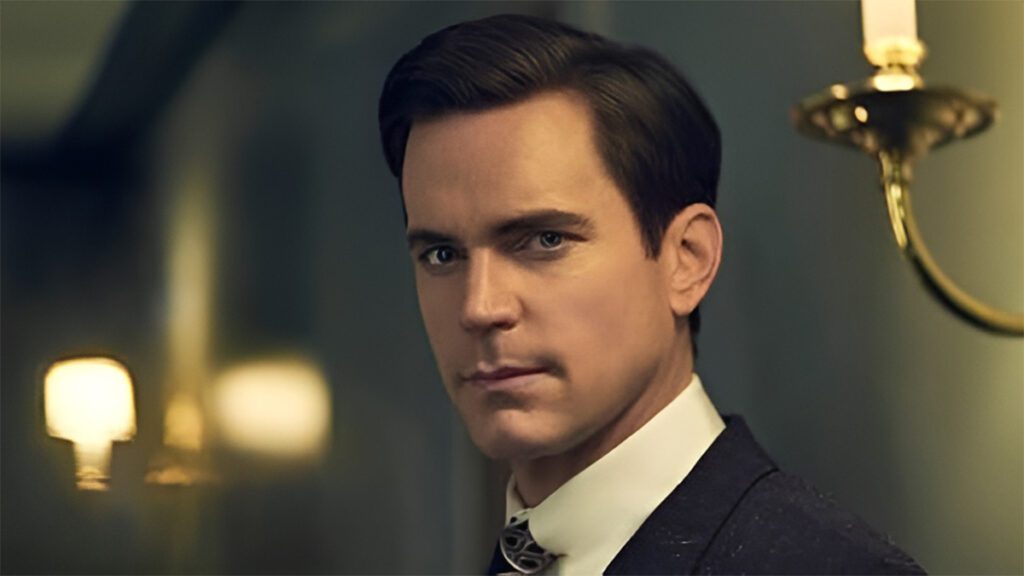In the realm of cinematic artistry, few performances resonate with a profound impact, and Matt Bomer’s portrayal of Hawkins “Hawk” Fuller in ‘Fellow Travelers‘ stands as a testament to this. Nestled within the historical ambits of 1950s politics, the Showtime series, based on Thomas Mallon’s 2007 novel, delves into a clandestine love affair woven through the fabric of time over four decades.
The narrative elegantly crafts a tale of love veiled in secrecy, emboldened by the socio-political zeitgeist of the era. Bomer, alongside Jonathan Bailey, who plays Tim, explores the delicate tightrope of emotions and societal expectations with a subtlety that evokes a sense of realism seldom seen on screen. Through the lens of historical epochs, their love unfolds amidst a backdrop of political secrecy, moral bartering, and systemic injustices. Bomer’s character navigates a convoluted path of self-protection within a broken system, embodying the archaic yet prevailing norms with unfettered agility.
The initial episodes of ‘Fellow Travelers‘ lay down a narrative foundation that is as sensual as it is emotionally stirring. It seamlessly transitions from a whirlwind of intimate scenes to a narrative that explores the depths of affection and the sacrifices made in the name of love. It’s in the quiet, poignant moments that Bomer’s nuanced performance shines through, elucidating the intricacies of a love that dares not speak its name, yet resonates through the annals of time.
The Path of Redemption and Self-Discovery: Unveiling the Emmy Reel Moment

Narrative 2: As the narrative of ‘Fellow Travelers‘ unfolds, Matt Bomer’s character, Hawkins, finds himself at a crossroads of personal and political identity. His complex relationship with Tim navigates the murky waters of 1950s politics while trying to foster a genuine connection amidst a world embroiled in anti-communist fervor.
A significant narrative arc showcases the duality of Hawkins’ character as he grapples with his identity both as a closeted gay man and a decorated war veteran. The societal scrutiny and the internal turmoil pave the way for moments of self-reflection and acceptance, which are brilliantly portrayed by Bomer. The Emmy Reel moment comes alive in an emotionally charged scene where Hawkins confronts his father, unveiling years of pent-up emotions and seeking a semblance of closure. His father’s acknowledgment of his son’s true identity, coupled with the unspoken acceptance, underlines the character’s journey of self-discovery and the quest for personal redemption.
The nuanced depiction of Hawkins’ struggle with his identity amidst a society marred by prejudice and bigotry encapsulates the essence of the Emmy Reel moment. The series delicately balances the personal with the political, portraying a poignant narrative that resonates with audiences across the spectrum.
This Emmy Reel moment is not just a testament to Matt Bomer’s stellar performance but a reflection of the narrative’s broader theme of love, acceptance, and the indomitable spirit of self-discovery amidst a milieu of societal constraints and personal dilemmas.


